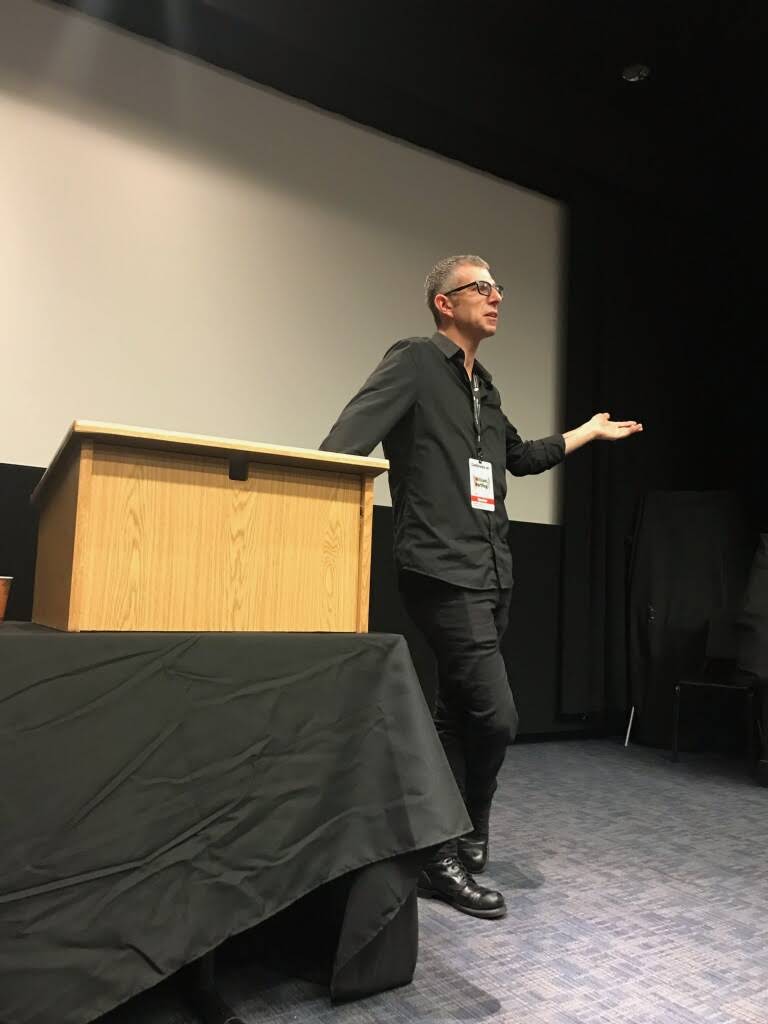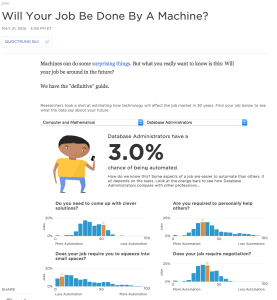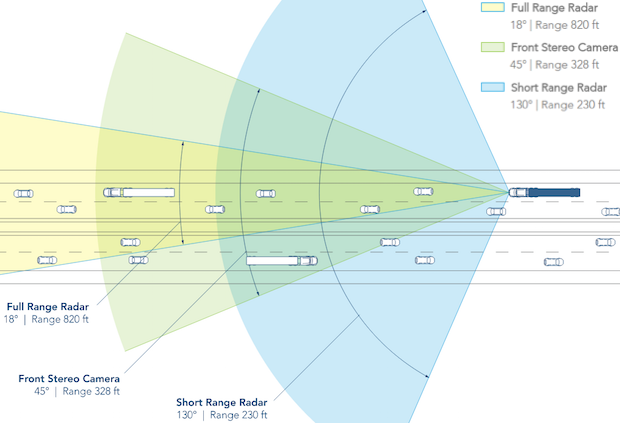In addition to writing, I’ve been speaking and consulting for almost twenty years. I’ve spoken about innovating inside corporations to a standing-room-only crowd at SXSW, and talked about the future of technology and artificial intelligence to a national assembly of CIOs and CTOs. I’ve helped entrepreneurs and venture capitalists think about technology trends, and helped founders figure out their biggest value-add and their ten year plan.
As someone who is future-oriented, and strategic and visionary in thinking, I can help you figure out a path forward, whether that’s a plan for how technology will change or impact you, or your own personal contributions as an individual.
Most often I do one or two day engagements, but I’m available for anything from a few hours to larger, custom consulting projects.
If you need assistance figuring out the future, I can help!
Reach out to me at william dot hertling at gmail dot com.








